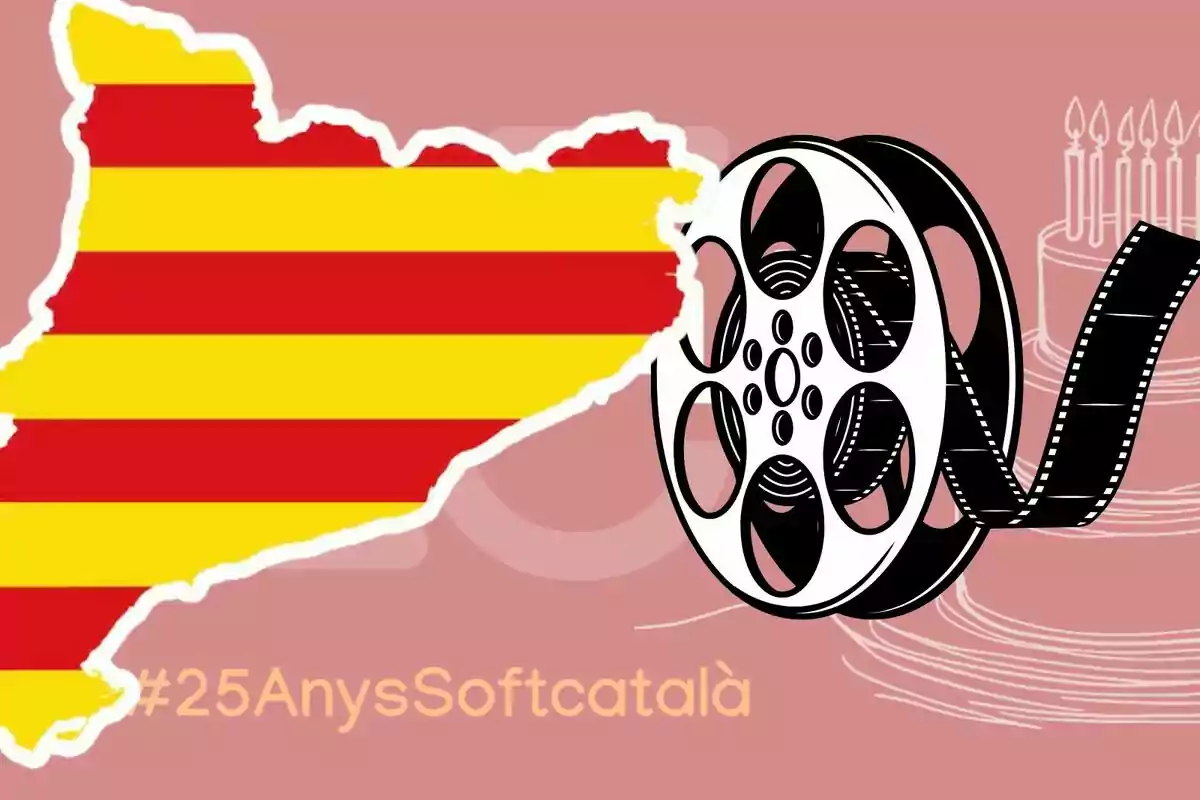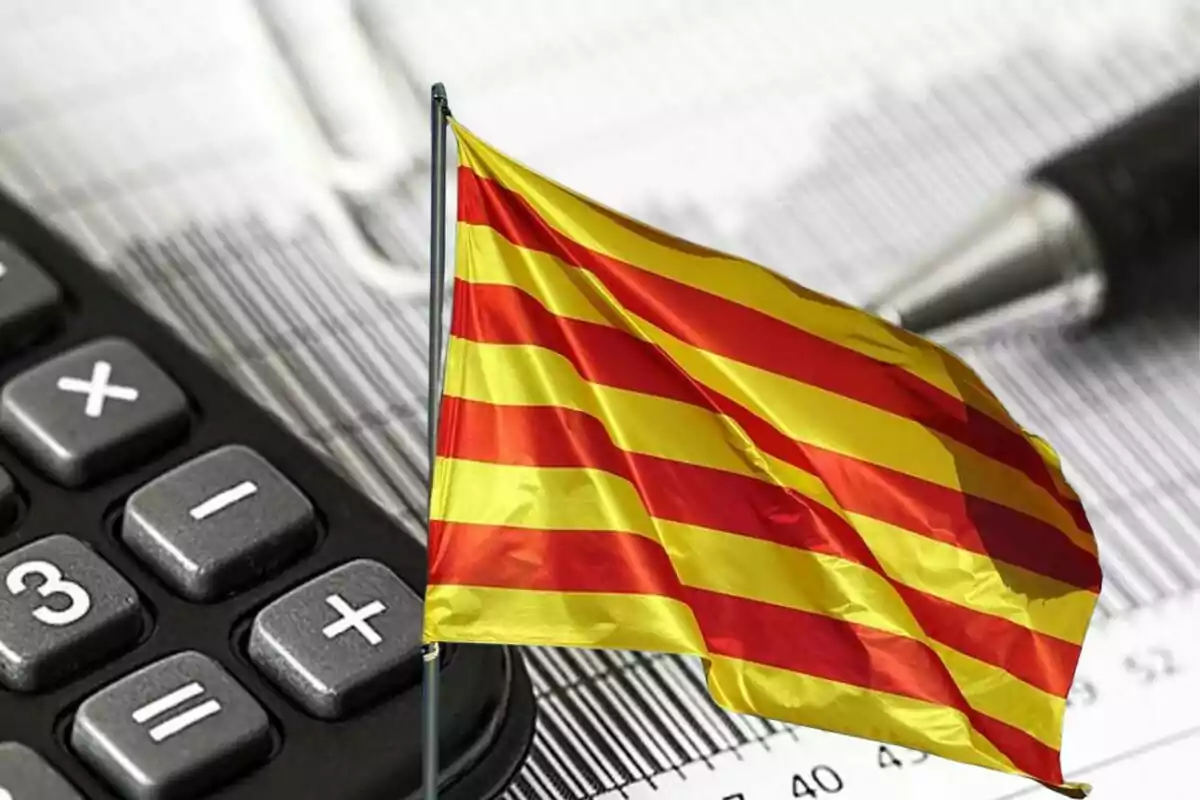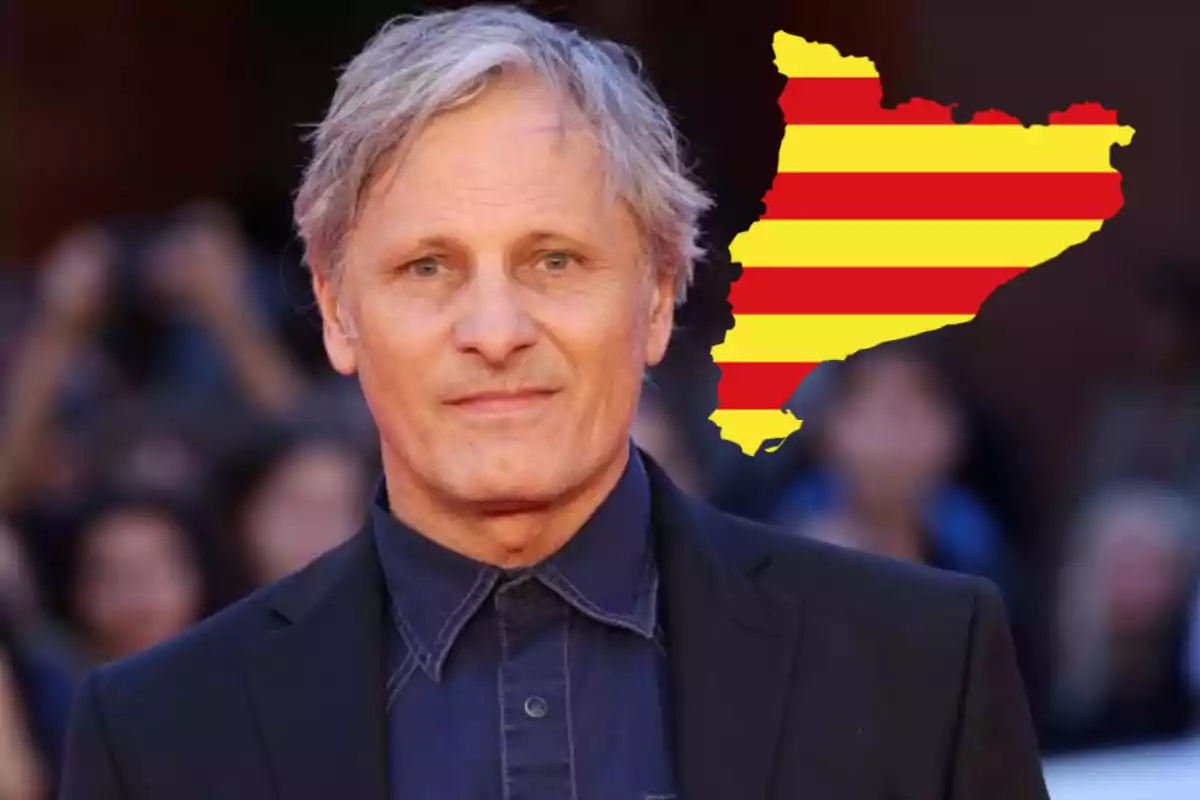Viggo Mortensen is not just a familiar face on the big screen. He is also a man committed to his ideas, brave when it comes to defending what he considers just, and consistent with his principles, even though that has brought him personal and professional consequences.
In an interview with El País Semanal, the New York actor spoke candidly about the price he has paid for publicly showing his support for the October 1 referendum in Catalonia.
an international actor with a Catalan soul
For years, Mortensen has lived in Madrid, far from the Hollywood spotlight, leading a discreet life alongside Catalan actress Ariadna Gil. The actor has always been respected for his career and his way of thinking, but that has not spared him from criticism when he decided to take a stand in favor of the right to decide.

In 2017, at the height of the Catalan separatism movement, he joined Òmnium Cultural, one of the most active organizations promoting the referendum. That gesture, far from going unnoticed, cost him insults and attacks.
In his own words: “They keep saying I was a traitor, that I know nothing, that I am a clown, that I am Argentinian. But it doesn't matter where someone is from. I am interested in different cultures. I am interested in the cultural diversity of any country, the variety of cultures, languages, and opinions.”

“They asked me if I thought people had the right to have an opinion and to vote”
Mortensen has not openly declared himself a separatism supporter. He has not even supported the most radical positions of Catalan sovereignty. What he defended—and continues to defend—is the democratic right of any people to decide their future. As he himself explained in the interview, his membership in Òmnium doesn't mean he agrees with everything the organization says.
“They asked me if I thought people had the right to have an opinion and to vote, and I said yes.” A position that, in any solid democracy, should not generate controversy. However, in the Spanish context, defending the right to vote can lead to a media lynching. That was exactly what Viggo Mortensen experienced.
personal attacks and collateral damage
The actor also recounted that his political stance even affected people close to him. "Very ugly things came out about my girlfriend and her family," he explained, without going into details, but making it clear that the harassment was real and painful. He refers, without naming her directly, to Ariadna Gil, with whom he has been in a relationship since 2009 and who has also been the target of criticism in certain circles for her positions.
Despite everything, Mortensen doesn't regret having spoken out. In a world where more and more public figures choose neutrality to avoid trouble, he asserts the need to be consistent with oneself. “I admire those who do not cage themselves by choice in ideological pressures,” he states.
loyalty to ideals above the cost
Mortensen, who has worked all over the world and has received awards at such important festivals as Cannes or Karlovy Vary, doesn't fear that his political positions will close doors. His career doesn't depend on the applause of Spanish mainstream. What does matter to him—a lot—is being true to his conscience and his vision of culture as an open, plural, and respectful space.
In times of polarization, his courage in speaking clearly sets him apart. Although some call him a traitor, clown, or ignorant, the truth is that Mortensen represents that minority of public figures who understand that art and politics are not incompatible, and that defending freedom is not a betrayal, but a moral obligation.

